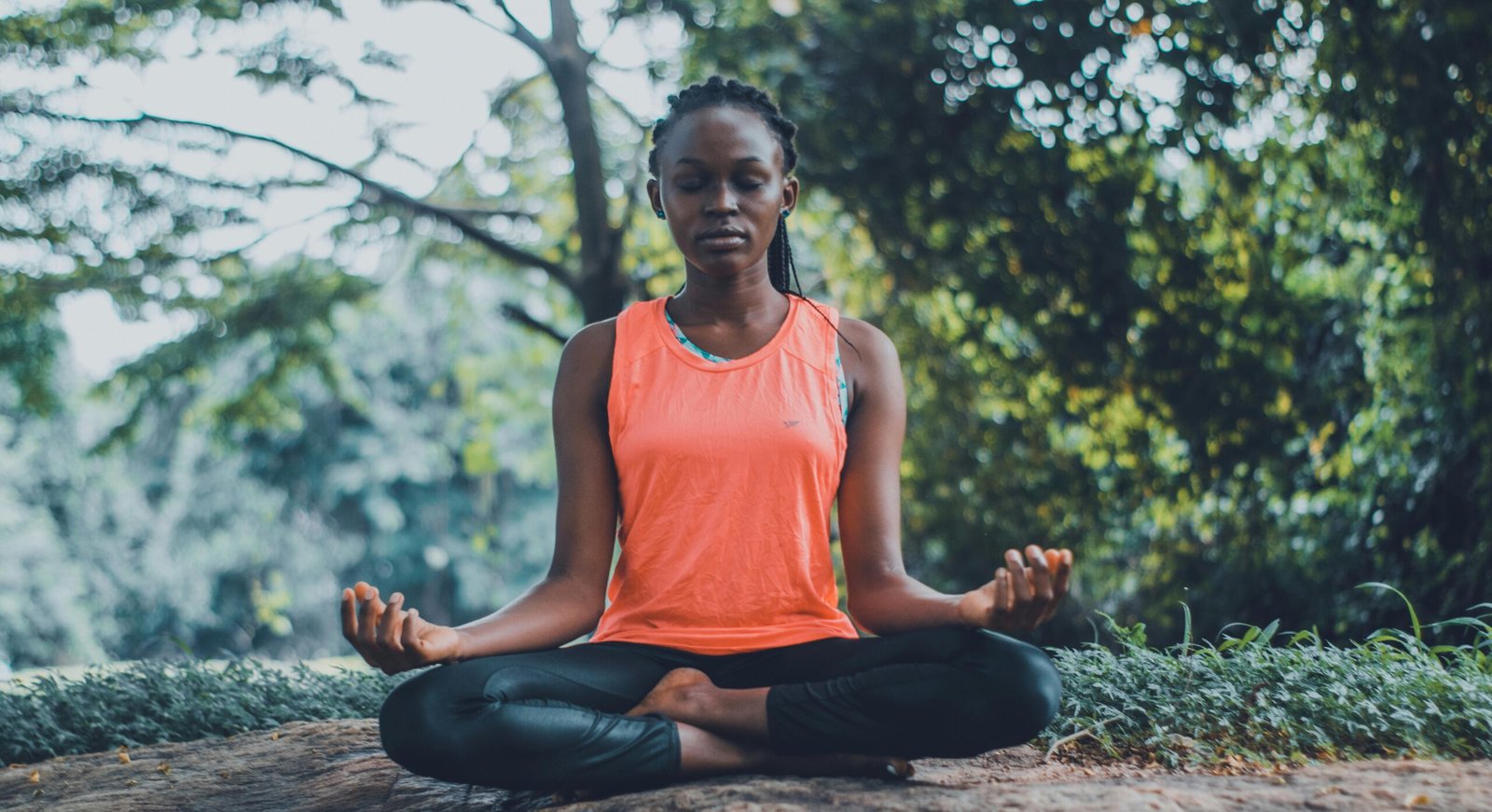Taking a morning walk may seem like a simple activity, but its impact on your physical and mental well-being is profound. A brisk walk in the fresh morning air offers numerous benefits that can set the tone for the rest of your day. Whether you’re aiming to improve your health, boost your mood, or enhance your focus, a morning walk can do wonders. In this article, we’ll explore the many benefits of starting your day with a morning walk and why it’s an important habit to cultivate.
1. Boosts Physical Health
One of the most obvious benefits of a morning walk is its positive impact on your physical health. Regular walking is a low-impact exercise that is easy on your joints while providing a full-body workout. Here are some of the ways a morning walk can help improve your health:
Improves Cardiovascular Health
Walking increases your heart rate and helps improve circulation. By walking every morning, you strengthen your heart, lower blood pressure, and reduce your risk of heart disease.
Aids Weight Loss
Walking is an excellent way to burn calories and maintain a healthy weight. When combined with a balanced diet, a morning walk can help you shed those extra pounds and maintain a healthy BMI.
Boosts Immunity
Starting your day with a walk exposes you to sunlight, which helps your body produce vitamin D. Vitamin D plays a crucial role in supporting a healthy immune system, protecting you from infections and illnesses.
2. Enhances Mental Clarity and Focus
A morning walk doesn’t just benefit your body—it also has a profound effect on your mind. Starting the day with a walk can sharpen your focus, boost your creativity, and prepare your mind for the tasks ahead.
Increases Blood Flow to the Brain
Walking helps increase blood flow and oxygen to the brain, which improves cognitive function. This can help you feel more alert and mentally clear throughout the day, making it easier to tackle tasks and make decisions.
Reduces Brain Fog
If you’re feeling groggy or unfocused, a morning walk can help clear away the fog. The simple act of moving your body and breathing deeply can energize you, making it easier to concentrate on work or study.
Stimulates Creativity
Physical activity, such as walking, stimulates the release of endorphins and serotonin, two chemicals known for boosting mood and creativity. Many people find that their best ideas come to them during or after a walk.
3. Improves Mood and Reduces Stress
In addition to boosting mental clarity, a morning walk can significantly improve your mood and reduce stress. It’s a great way to start the day on a positive note and maintain emotional balance.
Releases Endorphins
Walking encourages the release of endorphins, also known as “feel-good” hormones. These endorphins can help reduce stress, alleviate anxiety, and create a sense of happiness. Starting your day with a morning walk can promote a positive outlook that lasts all day.
Helps Manage Anxiety and Depression
Physical activity has been shown to reduce symptoms of anxiety and depression by stimulating the production of neurotransmitters like serotonin and dopamine. A morning walk offers a natural and accessible way to manage these conditions, setting the stage for emotional stability throughout the day.
Promotes Mindfulness and Presence
A morning walk provides an opportunity to practice mindfulness and connect with the present moment. Paying attention to your surroundings—the sights, sounds, and smells of nature—can help you feel more grounded and focused, reducing feelings of stress and overwhelm.
4. Promotes Better Sleep
It may seem counterintuitive, but exercise, such as walking, can actually help you sleep better at night. A morning walk can have a positive effect on your sleep patterns and improve the quality of your rest.
Regulates Sleep-Wake Cycle
Exposure to natural light in the morning helps regulate your body’s circadian rhythm, the internal clock that controls your sleep-wake cycle. By walking in the morning, you signal to your body that it’s time to be awake and alert, making it easier to wind down at night.
Reduces Insomnia Symptoms
Regular physical activity, like walking, has been shown to improve sleep quality and reduce the symptoms of insomnia. Walking helps release pent-up energy and relieves tension, making it easier to relax and fall asleep at night.
5. Supports Longevity
A consistent morning walk doesn’t just improve short-term health—it can also contribute to a longer, healthier life. Regular physical activity is associated with a reduced risk of chronic diseases and improved overall longevity.
Reduces the Risk of Chronic Diseases
Walking has been linked to a lower risk of developing chronic diseases like type 2 diabetes, obesity, and certain types of cancer. A daily walk can improve your health by keeping your body in motion and reducing your risk of health complications.
Promotes Healthy Aging
Walking helps maintain bone density, muscle strength, and joint flexibility, all of which are crucial for healthy aging. Regular walking can keep you more mobile and independent as you grow older, allowing you to enjoy life to the fullest.
6. Strengthens Your Immune System
Another benefit of a morning walk is its positive impact on your immune system. Your immune system is responsible for protecting your body from infections and illnesses, and regular physical activity can help keep it strong.
Boosts Immune Function
Walking has been shown to increase the circulation of immune cells throughout the body, helping your immune system function more efficiently. By walking regularly, you can enhance your body’s ability to fight off infections and illnesses.
Reduces Inflammation
Chronic inflammation can weaken your immune system and contribute to various health issues. Regular walking can help reduce inflammation in the body, promoting better health and a stronger immune system.
7. Provides Time for Reflection and Gratitude
A morning walk is not just a physical exercise—it can also provide a quiet time for reflection and gratitude. This simple habit gives you space to connect with your thoughts, reflect on your goals, and appreciate the beauty around you.
Time for Self-Reflection
Walking allows you to step away from the noise and distractions of daily life. During your walk, you can reflect on your intentions for the day, your personal goals, or simply clear your mind before diving into your responsibilities.
Cultivating Gratitude
The calm and quiet of a morning walk also provides an opportunity to practice gratitude. Taking a few minutes to appreciate the small things—whether it’s the fresh air, the warmth of the sun, or the beauty of nature—can help set a positive tone for your day.
8. How to Get Started with a Morning Walk
Starting a morning walk routine is simple, but consistency is key. Here are a few tips to help you get started and make the most of your daily walks:
1. Set a Time and Stick to It
Choose a time each morning that works for you and make it a non-negotiable part of your routine. Whether it’s first thing in the morning or after breakfast, setting a specific time helps you build the habit.
2. Start Slowly
If you’re new to walking, start with a short 10-15 minute walk and gradually increase the duration as you build stamina. Aim for at least 30 minutes per day for optimal health benefits.
3. Wear Comfortable Shoes
To avoid discomfort or injury, make sure you wear supportive, comfortable shoes for walking. A good pair of sneakers will provide cushioning and prevent strain on your feet and joints.
4. Choose a Scenic Route
If possible, choose a route that you enjoy, such as a park or a quiet neighborhood street. Walking in nature or areas you find peaceful will make your walk more enjoyable and motivate you to continue.
5. Bring a Friend or Pet
Walking with a friend or pet can make the experience more fun and social. It’s also a great way to bond and catch up with someone while getting your exercise in.
9. Overcoming Obstacles to Walking
Life can get busy, and it’s easy to skip your morning walk when you’re pressed for time. Here are some common obstacles and how to overcome them:
Lack of Time
If you’re short on time, try waking up just 10-15 minutes earlier to fit in a quick walk. Even a short walk can have significant benefits for your mind and body.
Weather Conditions
If the weather is less than ideal, consider walking indoors on a treadmill or in a mall. Alternatively, invest in appropriate gear to walk in various weather conditions, such as a raincoat or warm jacket.
Lack of Motivation
Sometimes, motivation can be hard to come by. To stay motivated, focus on how good you’ll feel after your walk or pair your walk with something you enjoy, like listening to a podcast or your favorite music.
10. Conclusion: Make a Morning Walk a Daily Habit
A morning walk is a simple yet powerful way to enhance your physical health, mental clarity, mood, and overall well-being. By incorporating a walk into your daily routine, you’re investing in a healthier, happier future. The benefits—ranging from improved cardiovascular health to reduced stress—are undeniable. So, why not start today? Lace up your shoes, step outside, and experience the many positive changes a morning walk can bring to your life.
5 Unique FAQs
- How long should my morning walk be to see benefits?
Start with 10-15 minutes, and gradually aim for 30 minutes of walking each day for maximum benefits. - Can walking every morning help with weight loss?
Yes, walking can help you burn calories and maintain a healthy weight when combined with a balanced diet. - What time of day is best for a morning walk?
The best time is whenever fits into your schedule. However, walking in the morning offers the added benefit of exposure to fresh air and sunlight. - How can I stay motivated to walk every morning?
Set a specific time, track your progress, and pair your walk with something enjoyable, like music or a podcast. - Is it okay to walk in the rain?
Yes, if you’re prepared with the right gear, walking in the rain can be refreshing and still provide the same benefits as walking in dry conditions.





